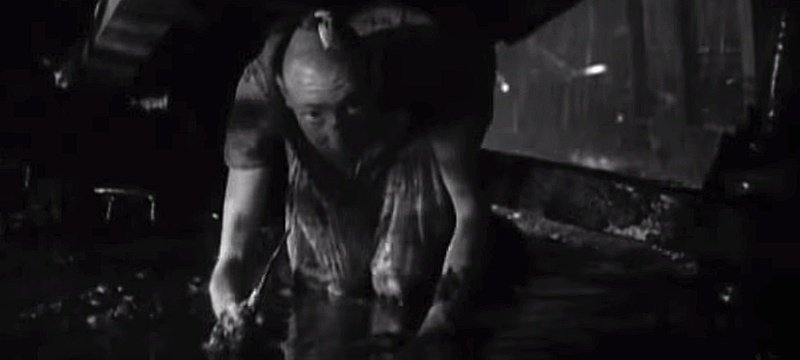Everybody enjoys watching a good movie – I know I do. One of the things I love the most is to curl up in in the sofa and watch a good flick. Of course, I have my favorite genre as does everybody else.
There is so much choice out there when it comes to movies. Movie making has been taken to a whole different level for years now. There are genres to everybody likings. However, one can agree that not all the movies that come out tickle everyone’s fancy. Some of them, I dare to say are outright controversial and more than revenue give the film makers headaches.
In this top, I will focus on the 10 movies that some people considered to ban from the screen.
Sit back and get ready to get delightfully offended with these all-time shockers:
10. Poison (1991)
Audiences were used to living vicariously through tommy-gun-wielding gangsters breaking the law with panache. What they weren’t prepared for was seeing the bloody aftermath of their antiheroes’ activities rendered in living color. This film’s use of startlingly realistic violence—oddly coupled with jaunty banjos and jokey moments—caused a furor among those who thought it made murder seem sexy and frivolous. Bosley Crowther ofThe New York Times complained that the movie’s “brutal killings [were] pointless and lacking in taste.”
8. Last Tango in Paris (1972)
“Go get the butter,” says Marlon Brando purposefully, in a movie that premiered at the prestigious New York Film Festival. Cognoscenti were then treated to a lengthy scene of anal sex that many hailed as psychologically expressive, others as smut parading as art. The tumult only spread from there: Curious theatergoers were yelled at by protesters, while the doomy romance met with outright banning in Chile, Spain and even director Bernardo Bertolucci’s native Italy, where his civil rights were revoked for five years. Fortunately, critical praise saved the day, with The New Yorker’s Pauline Kael going out on a limb in the most famous review of her career: “This is a movie people will be arguing about, I think, for as long as there are movies,” she wrote. Her invitation still stands.
7. Viridiana (1961)
Luis Buñuel loses another assault on all that’s holy. The Spanish provocateur’s masterful tale of the eponymous young nun, whose faith is sorely tested during a visit to her uncle’s estate, was the bane of several gatekeepers. Dictator Francisco Franco unsuccessfully attempted to have the film withdrawn from circulation after it won the Palme d’Or at Cannes (in the end, he just banned it at home). And the Vatican made its displeasure known in its official newspaper, describing the movie as blasphemous. (A scene in which a bunch of rabble-rousing vagrants reenact The Last Supper probably had something to do with that.)
6. Freaks (1932)
To fully understand the traumatizing power of this Hollywood shocker, one first must to imagine a director on the power level of today’s James Cameron. That’s basically what Tod Browning was in 1931, after making Dracula a global box-office phenomenon. The time had finally arrived for Browning to advance his long-gestating personal project, about unloved carnival people whose code is broken by an insider. To MGM’s horror, Browning insisted on using real circus performers with deformities. Infamously, a test screening induced one woman’s miscarriage (and the threat of a lawsuit); several scenes involving violent revenge were excised. A 64-minute version made it to theaters but was quickly dimmed after horrified public reaction. It wasn’t until the 1960s that Freaks found a sympathetic audience in the counterculture. By then, Browning’s career was long ruined.
